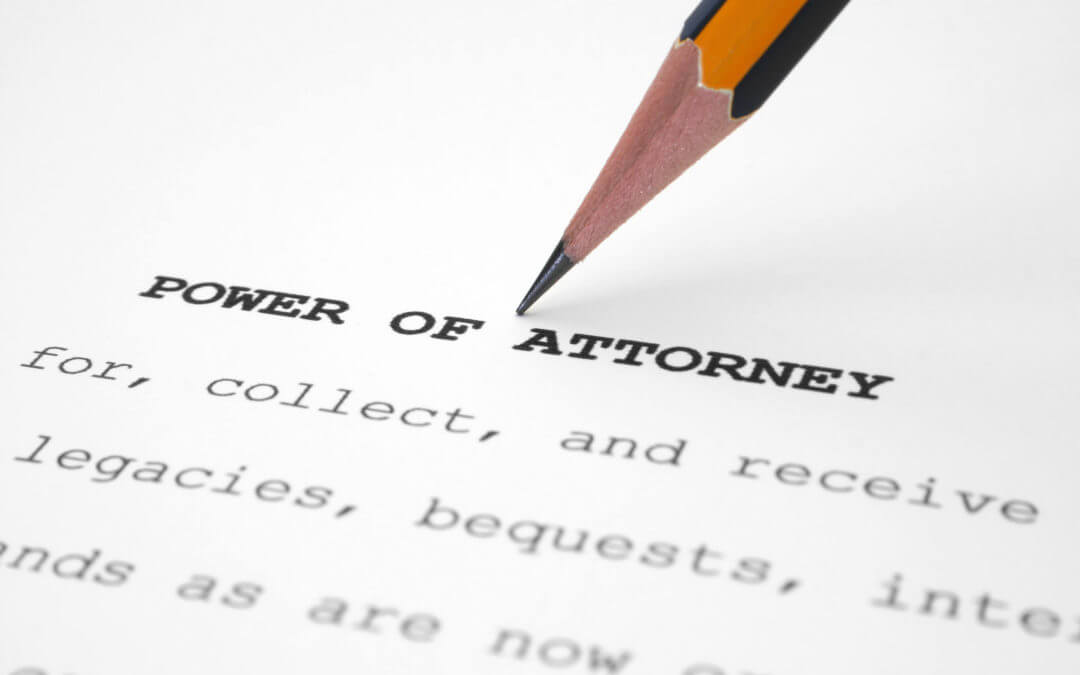Creating a Power of Attorney (POA) in Florida is an essential step in planning for your future. Whether you’re preparing for medical emergencies or managing financial affairs, the document ensures your chosen representative has legal authority to act on your behalf. But even small mistakes in the process can lead to big problems down the road.
To help you avoid common pitfalls, this guide outlines the top mistakes people make when creating a Power of Attorney in Florida and how to ensure your POA complies with Florida power of attorney requirements.
1. Not Meeting Power of Attorney Requirements in Florida
One of the biggest errors is failing to follow the power of attorney requirements Florida law sets. In Florida, a POA must be:
- Signed by the principal (you)
- Notarized
- Witnessed by two adults who are not the agent
If any of these elements are missing, your POA could be considered invalid and rejected by banks or other institutions.
2. Choosing the Wrong Agent
Your agent—also called your attorney-in-fact—should be someone trustworthy, organized, and capable of handling important legal and financial matters. Don’t choose someone just because they’re close family. Instead, pick someone who will act in your best interest.
3. Using a Generic For
While there are plenty of POA templates online, many don’t meet Florida power of attorney requirements. Using a form designed for another state may leave out crucial Florida-specific language—especially the requirement for specific powers to be explicitly initialed by the principal.
4. Not Specifying the Powers Clearly
Florida law requires that certain powers, such as the ability to make gifts or amend trusts, be expressly granted. If your document is vague, your agent might be limited in what they can legally do for you.
5. Forgetting to Update or Revoke Old POAs
Life changes marriages end, people move, or trust is broken. If you created a POA years ago, you might need to revoke it and create a new one that reflects your current wishes and situation. Don’t assume your old document is still valid or effective.
6. Not Consulting an Attorney
POA documents might seem simple, but they can have long-term legal consequences. An attorney familiar with power of attorney requirements Florida can help ensure the language is legally sound and customized for your needs.
Conclusion
A Power of Attorney is one of the most powerful legal tools you can create. Avoiding these common mistakes—and ensuring your document meets all Florida power of attorney requirements can save you and your loved ones unnecessary stress and legal complications.
Ready to draft or review your Power of Attorney? Contact Lumsden Law for expert guidance on estate planning and POA creation in Florida.

